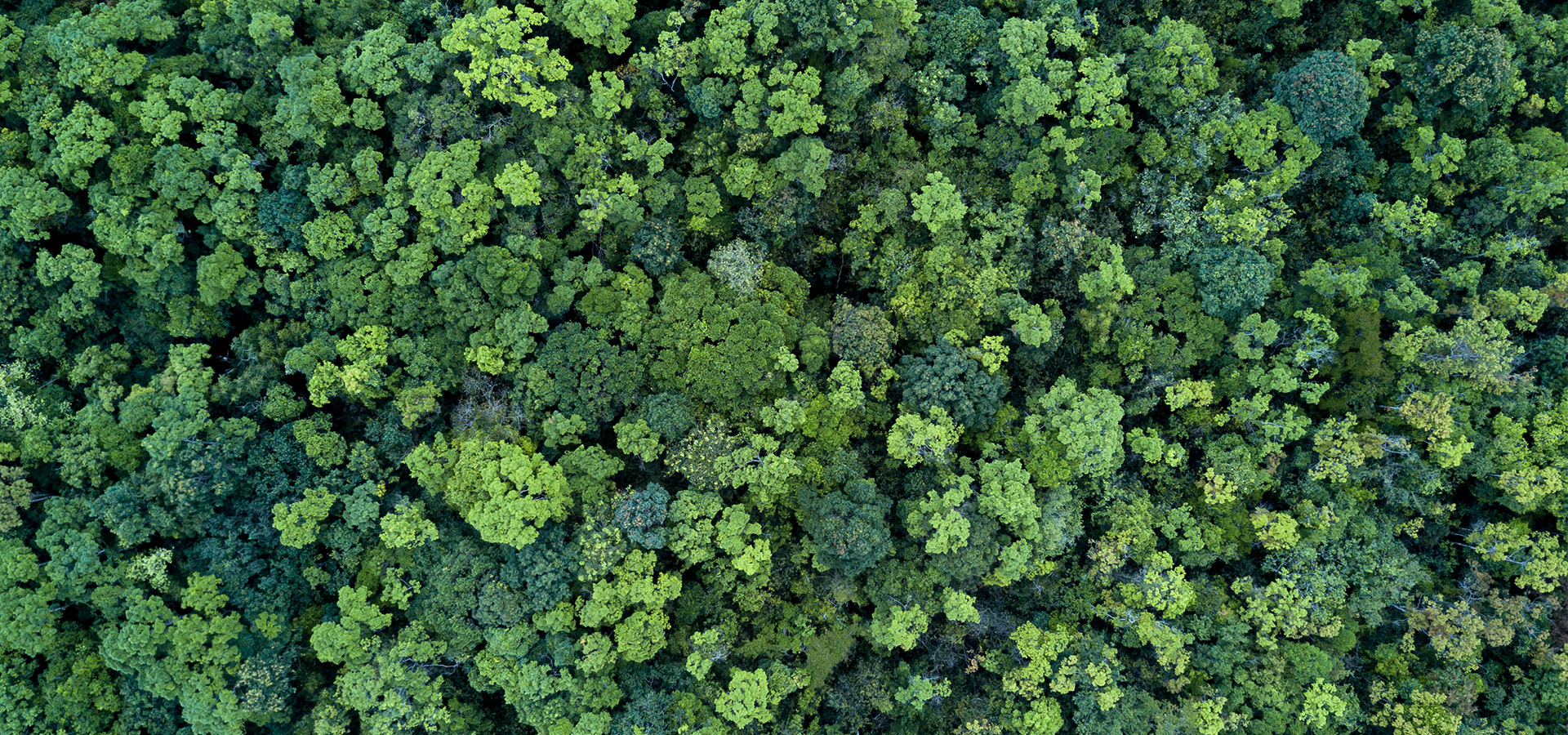
Sustainability
Thibierge & Comar, its commitment to sustainable development
Sustainable development is now at the heart of Thibierge & Comar's strategy, both in terms of the sourcing of raw materials and in terms of the production process. Thanks to Thibierge & Comar papers, customers can easily replace plastic and other unsustainable materials with more sustainable and low environmental impact materials while maintaining the same packaging properties.
Transparent paper, sustainable material
Paper is by nature one of the most environmentally friendly materials. From natural origin, it is made up of fibers that can be reused, that is to say recycled, many times. Thibierge & Comar transparent papers have a low impact on the environment during their manufacture. In particular, the refining of the fibers is carried out in a natural way, without chemical process. Thibierge & Comar transparent papers are recyclable, biodegradable and compostable.

Cellulose fiber, green and sustainable certified
Thibierge & Comar ensures that its raw materials, in particular cellulose fibre, are green and sustainable certified.

Today Thibierge & Comar papers benefit from various labels and certifications.

Thibierge & Comar papers are certified by the Forest Stewardship Council (FSC)®. The fibers used come from certified and sustainably managed forests and the papers are manufactured and shaped in factories in Europe that are also FSC® certified.
FSC® certification is an important and powerful tool to guarantee the environmental, social and economic aspects of forest management and wood supply. All fibers can be traced back to their origin. With FSC certification, we can be sure that all important environmental, ecological, social and economic aspects are taken into account throughout the value chain.
Another major environmental concern to reduce the impact on the environment, when bleaching paper pulp, it is carried out without elemental chlorine (ECF).
They are also guaranteed without heavy metals, that is to say that the following elements are not present: cadmium, chromium, mercury and lead.
Finally, all Thibierge & Comar papers comply with the ISO 9706 standard, which allows them to be more durably resistant to aging.